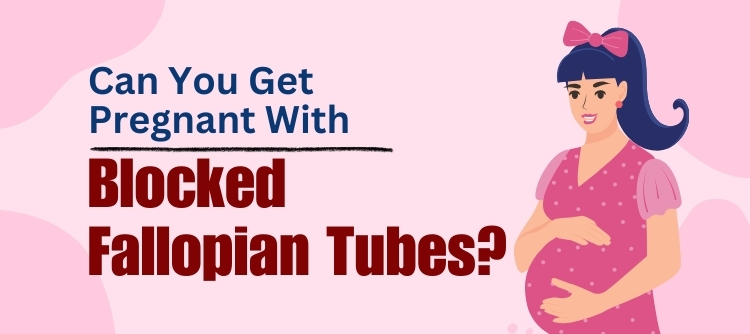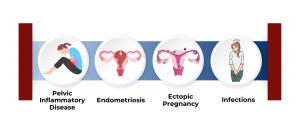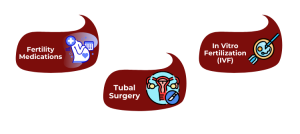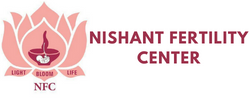Can You Get Pregnant With Blocked Fallopian Tubes

Blocked fallopian tubes are a common cause of infertility, affecting many women worldwide. At Nishant IVF Care in Jaipur, we often encounter patients concerned about their chances of conceiving with this condition. This blog aims to shed light on blocked fallopian tubes and the potential pathways to pregnancy.
Understanding Blocked Fallopian Tubes
The fallopian tubes play a crucial role in conception by allowing the egg to travel from the ovaries to the uterus and providing the site for fertilization when the sperm meets the egg. When these tubes are blocked, it can prevent this process, leading to infertility.
Causes of Blocked Fallopian Tubes
Several factors can lead to blocked fallopian tubes, including:
1. Pelvic Inflammatory Disease (PID): Infections that cause inflammation and scarring.
2. Endometriosis: Tissue similar to the lining inside the uterus grows outside it, causing blockages.
3. Previous Surgeries: Scar tissue from past surgeries on the fallopian tubes or other organs in the pelvic area.
4. Ectopic Pregnancy: Previous ectopic pregnancies can result in damage and blockages.
5. Infections: Sexually transmitted infections (STIs) or other infections can cause scarring and blockages.

Symptoms and Diagnosis
Blocked fallopian tubes often do not present noticeable symptoms. However, some women may experience pain in the pelvis or abdomen. The most common sign of blocked fallopian tubes is difficulty conceiving.
Diagnostic Tests
1. Hysterosalpingography (HSG): An X-ray procedure where a dye is injected into the uterus and fallopian tubes to check for blockages.
2. Sonohysterography: An ultrasound scan that uses saline to visualize the fallopian tubes.
3. Laparoscopy: A surgical procedure where a small camera is inserted into the abdomen to directly view the fallopian tubes and identify blockages.
Can You Get Pregnant With Blocked Fallopian Tubes?
The possibility of getting pregnant with blocked fallopian tubes depends on the severity and location of the blockage.
1. Partial Blockage: If only one tube is blocked or if the blockages are partial, natural conception might still be possible. The open tube can still allow for the egg and sperm to meet.
2. Complete Blockage: If both tubes are completely blocked, natural conception is unlikely without medical intervention.
Treatment Options
1. Fertility Medications: While medications cannot unblock fallopian tubes, they can stimulate ovulation to increase the chances of conception in cases where one tube is open.
2. Tubal Surgery: Surgical procedures can remove blockages and repair the fallopian tubes. This option is more suitable for certain types of blockages and in women with minimal damage.
3. In Vitro Fertilization (IVF): IVF is often the most effective treatment for women with blocked fallopian tubes. This process involves:
- Ovarian Stimulation: Fertility drugs are used to stimulate the ovaries to produce multiple eggs.
- Egg Retrieval: Eggs are collected from the ovaries.
- Fertilization: The eggs are fertilized with sperm in a lab.
- Embryo Transfer: The fertilized embryos are transferred to the uterus.
IVF bypasses the fallopian tubes entirely, making it an excellent option for women with blocked tubes.

Success Rates and Considerations
The success rates for achieving pregnancy depend on various factors, including age, the extent of tubal damage, and overall health. IVF offers high success rates for women with blocked fallopian tubes, particularly when performed at specialized centers like Nishant IVF Care Jaipur.
Conclusion
While blocked fallopian tubes can pose a significant challenge to conception, various treatment options are available to help you achieve your dream of parenthood. At Nishant IVF Care in Jaipur, we are committed to providing personalized and effective fertility treatments tailored to your unique needs. If you suspect you have blocked fallopian tubes or have been diagnosed with this condition, consult with our experienced team to explore your options and take the first step towards a successful pregnancy.
